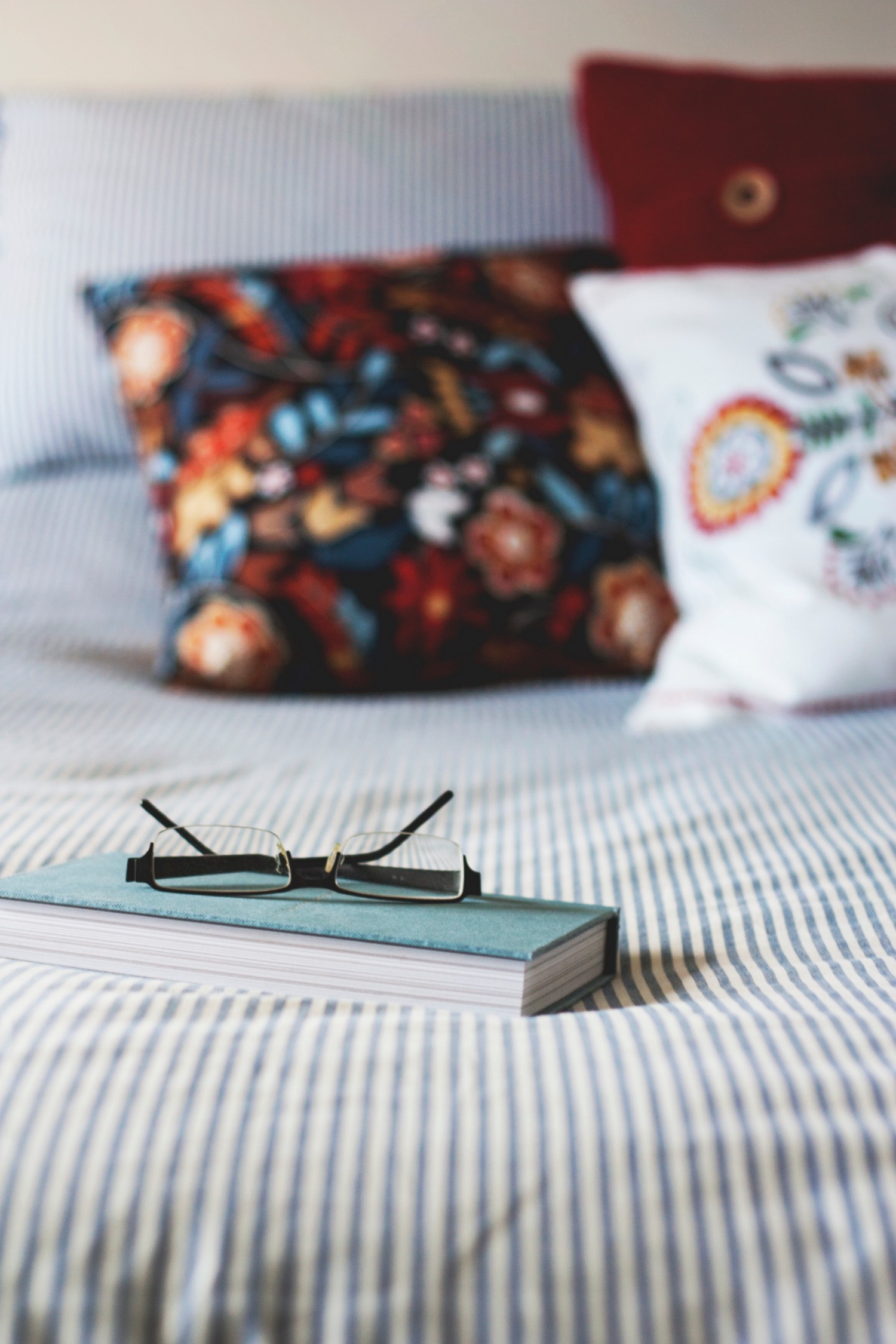Preparing to wind down will ensure a better night’s sleep.
Winding down before bed is a great way to ensure a good night’s rest. However, in today’s society, the most common way to relax is scrolling through social media on your phone or computer. Although, it is entertaining to catch up on the latest trends, screen time before bed can have a severe impact on your quality of sleep and the amount of energy you have the next day.
Research has indicated that the screen light from iPads, cellphones, and computers can make falling asleep challenging. The light emitted from a screen suppresses melatonin levels and increases alertness, which interrupts the circadian rhythm. As a result of these effects, the light from a screen makes falling asleep take significantly longer than normal. Studies have also found screen light has significant health effects outside of sleep deficiency; prolonged lack of sleep can result in serious health problems such as cardiovascular disease, obesity, and diabetes. Additionally, suppressed melatonin levels as a result of screen light can increase the risk of certain cancers.
It’s safe to say updating your Facebook status before bed is not worth numerous health risks. Instead, there are several other methods that can help you relax before bed. In addition to increased likelihood for better sleep, some techniques can help improve overall health. Below are five simple activities that can substitute screen time before bed:
1. Meditation
Mindful meditation is an easy way to relax your body into a state of sleepiness. Sitting or laying in bed with one’s eyes closed, concentrating on each breath allows for the brain to unwind and rest from a stressful day. Studies have shown that a few minutes of meditation before bed can significantly improve one’s sleep by creating a calm environment and a relaxed state of mind. In addition to longer and better sleep, mindful meditation also improves one’s awareness, allowing for more alertness and better attention to detail the next day.
2. Taking a warm shower
A steamy shower is the most common way to relax your muscles and your mind. The hot water raises your body temperature and allows your muscles to decompress. Once you get out of the shower, your temperature begins to cool, which lures the body into a state of drowsiness. Pared with a room temperature of 68 degrees Fahrenheit, you have created an ideal climate to fall asleep.
3. Yoga
Yoga is a great way to lower stress levels and release tension. The more tense your body is, the more difficult it is for your body to relax and fall asleep. However, practicing yoga allows the body to be coaxed into a state of openness and tranquility. When the body is relaxed, the mind follows suit and sleep becomes an easy habit. There are specific yoga posses recommended before bed to aid in sleep, the Huffington Post provides specific poses here.
4. Drinking tea (decaffeinated)
There are several brands of tea that label themselves as “night-time tea.” However, be wary of these. Focus on tea that contains valerian or chamomile, which are supplements that promote sleep, or those that are caffeine-free. The most frequently recommended tea before bed is herbal tea, which has mild sedative effects. However, the effects of tea are mostly a result of the placebo effect. A warm cup of tea emitting steam into your face creates an overall soothing feeling that makes us associate tea with sleep. Creating a ritual before bed also makes for a better night’s sleep, associating a cup of tea with bed time allows for the body to relax for bed.
5. Reading a book
Instead of reading what others have to say on social media, reading a book is always an excellent alternative. While some may prefer to watch good show on Netflix, reading can be a source of entertainment that does not require screen light. Having a real book instead of reading from an iPad or kindle is an effective way to escape the stress of work and reality for an hour or two. A lack of screen light allows for the eyes to tire, along with the mind, while the body relaxes and becomes focused on an interesting task. In addition to creating a positive sleeping environment, reading also improves memory, expands one’s vocabulary, and enriches the imagination.
Although it is important to stay connected, it is not worth sacrificing your sleep. Instead of catching up on the day’s posts at night, try squeezing in time to scroll through your phone during a lunch break or a free second of alone time. Reading posts about how tired your co-workers are can be laughable if you’re the one sleeping while they’re scrolling.
Originally published at www.recharj.com on June 17, 2016.
Originally published at medium.com


